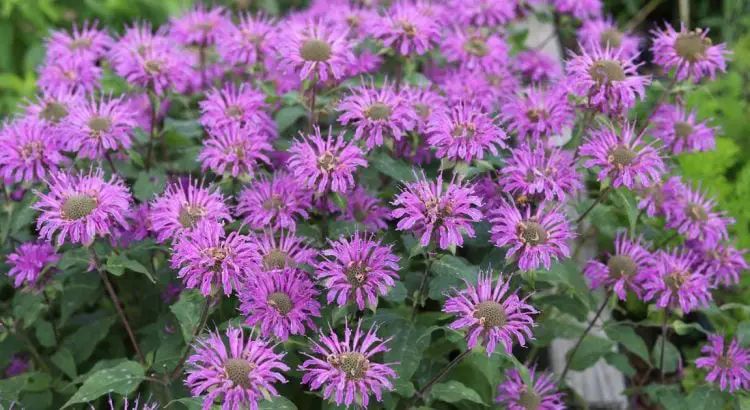Discover the Ultimate Mosquito-Repellent Plant for Your Balcony
Surpassing the effectiveness of mint and lavender, learn about the plant that will keep mosquitoes at bay from your balcony. Here’s everything you need to know.
IN BRIEF :
🦟 The pre-summer season is perfect for enjoying outdoor spaces without the annoyance of mosquitoes. 💐 Consider natural mosquito repellents like wild bergamot and Plectranthus colloids for effective protection.
🌸 Opt for wild bergamot to ensure peaceful evenings on your balcony, appreciated for its cold resistance and insect-repelling properties.
As we approach summer, spending time on the balcony or in the garden becomes increasingly delightful, especially when mosquito-free. While mosquito season isn’t fully underway, prevention is key.
Mosquito Prevention Goes Beyond Lavender and Mint
With the summer comes the inevitable presence of mosquitoes and the discomfort of their bites, sometimes multiple times a night by the same pesky mosquito, as they gather protein for egg development.
Thankfully, nature offers solutions with plants known to repel mosquitoes, such as mint, lemongrass, and lavender. However, there’s another plant that is particularly effective against mosquitoes and ideal for peaceful evenings.
Choose Wild Bergamot for Mosquito-Free Evenings
The best choice for serene nights is wild bergamot. Although it’s more famously used to flavor tea, it serves excellently as an insect repellent. This plant not only adds a splash of color with its purple flowers but also ensures tranquility. Its hardiness as a perennial and rapid growth make it low-maintenance and suitable for all soil types. Thriving well in pots, you can enjoy its blooms from early June to late July.
Additional Repellent Option: The False Incense Plant
To enhance your mosquito defense, consider Plectranthus colloids, also known as the false incense plant. Its scent deters insects while adding a pleasant aroma to your home or outdoor space. Although less hardy than wild bergamot and sensitive to cold, it’s a valuable addition for milder climates. In colder weather, it requires protection to survive the winter.
By incorporating these plants into your balcony or garden, you can enjoy your outdoor spaces more comfortably and mosquito-free.
